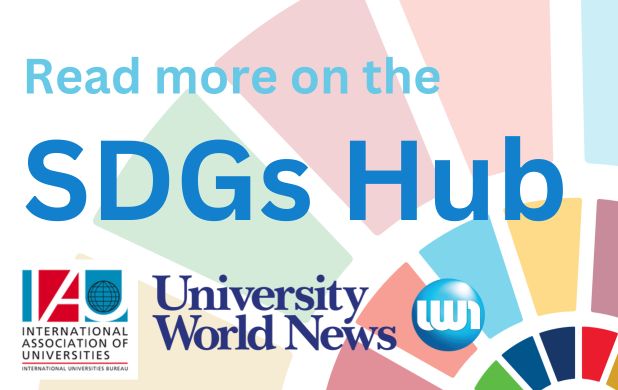The New School
72 5th Ave, 10011, New York
United States
The IAU WHED ID Is a global unique identifier. Learn more here on the IAU World Higher Education Database.

The New School is a new type of university where scholars, artists, and designers come together to challenge convention and create positive change. The university takes full advantage of its location in one of the most vibrant and diverse cities in the world.
Since its founding in 1919, The New School has redrawn and redefined the boundaries of intellectual and creative thought as a preeminent academic center. Its rigorous, multidimensional approach to education dissolves walls between disciplines and helps nurture progressive minds. At the university, students have the academic freedom to shape their unique, individual paths for a complex and rapidly changing world.
The New School prepares students to understand, contribute to, and succeed in a rapidly changing society, thus making the world a better and more just place. It aims to ensure that the students develop both the skills that a sound education provides and the competencies essential for success and leadership in the emerging creative economy. It also aims to lead in generating practical and theoretical knowledge that enables people to better understand the world and improve conditions for local and global communities.
The New School is a university where design and social research drive approaches to studying issues of the time, such as democracy, urbanization, technological change, economic empowerment, sustainability, migration, and globalization. The university will be the preeminent intellectual and creative center for effective engagement in a world that increasingly demands better-designed objects, communication, systems, and organizations to meet social needs.
Sustainable Development
Sustainability is a core value at The New School. Sustainability efforts are channeled with effects on the following dimensions in mind:
People
The well-being of our community — students, faculty, and staff — is influenced by indoor air quality, space use, lighting, temperature controls, and building materials.
Resources
The consumption of energy and water and the production of waste bear increasingly costly political and economic implications.
Planet
The health of the planet depends on the decisions we make regarding resource consumption and our commitment to creatively addressing environmental challenges as a community.
Read more about how the university is reducing energy and water consumption and waste production — including the operations that support our initiatives and the goals and commitments that track and unify our efforts.


